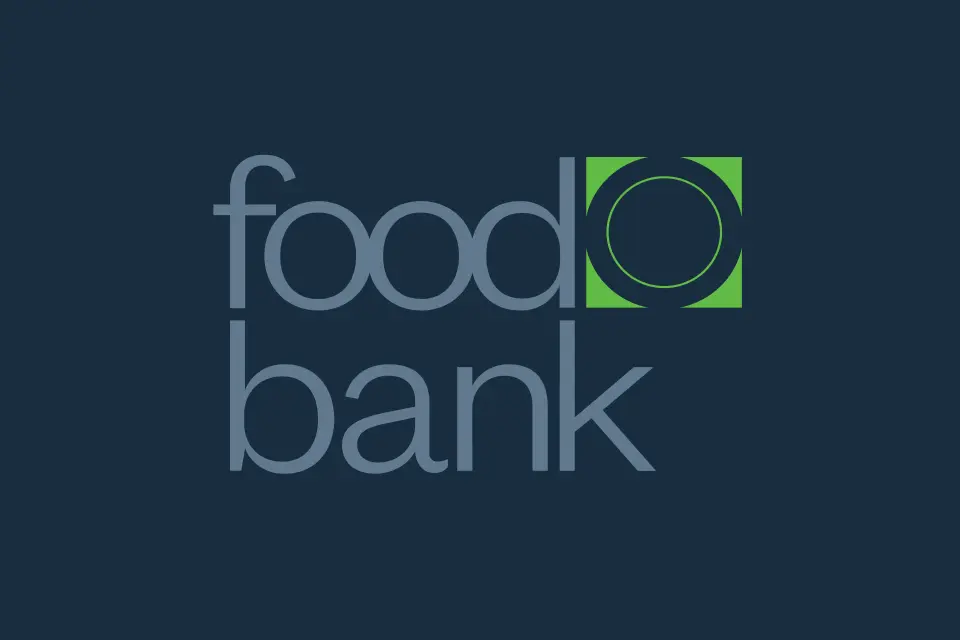Our Statement on USDA Elimination of Vital Hunger Data
September is Hunger Action Month – a nationwide effort to meet our worsening hunger crisis head-on – and our friends at Fidelity Investments came through again this year with critical volunteer support!
Volunteers are the heart of our work. In a single shift, a volunteer can sort and package 160 meals for local families. So when 130 Fidelity volunteers took over our distribution centers in Durham and Raleigh, their efforts provided enough fresh produce to fuel more than 100,000 meals in our community.
With the cost of fresh fruits and vegetables out of reach for far too many families, Fidelity’s support couldn’t come at a more important time. Neighbors increasingly rely on nutritious meals provided through our network to manage health conditions, save money for needed medicine, and provide dinner for children and seniors in their care. Through financial contributions and volunteering, the Fidelity team is helping families access fresh food faster, ensuring everyone can succeed and thrive.
View a map of county-level hunger impact derived from this data.With support from partners like Fidelity, takeovers are our largest volunteer events – and you can see the incredible impact in real time. Just one takeover day can sort more meals than a week of smaller volunteer shifts. Our Volunteer Team knows the impact of corporate takeovers, and they plan produce and spacing to make sure every volunteer feels welcome.
– Jason Kanawati Stephany Food Bank Vice PresidentPoliticians in Washington voted to slash the federal safety nets that help millions of people in North Carolina afford food and medicine. They know their decisions will worsen our hunger crisis, and now they're attempting to hide the evidence by eliminating impact data that has been available to the public for decades.
Administrative changes at the USDA can't erase the reality our communities face every day: the price of groceries remains out of reach for far too many families — and more people are seeking food assistance today than any point in the past 20 years.
Our hunger relief network relies on this data to target resources where they're needed most, especially in rural communities where services are more difficult to access. The General Assembly and state agencies need reliable data to make smart investments in the most effective programs. This information takes even greater importance when tight budgets require tough decisions — and there are no shortage of difficult fiscal discussions underway right now.
We need our Members of Congress to understand the impact this irresponsible decision will have on kids, seniors, and people with disabilities across North Carolina. It's incredibly important that we all make our voices heard and urge elected leaders to restore vital hunger data.
Right now, more than 607,000 people in central and eastern North Carolina are food insecure. Families are struggling to make ends meet due to increased food and housing costs, coupled with the sunset of federal support tied to pandemic-era government funding. With more cuts to safety nets on the horizon, more and more neighbors are turning to our network of 700+ local pantries and no-cost meal sites to keep food on the table – making support from community pillars like Fidelity is all the more important.
Our special thanks go to Community Relations Coordinator Danita King and the Fidelity leadership team for making this “takeover” event possible. In the past few years alone, Fidelity has provided more than 3.2 million meals as a part of their commitment to nourish our communities, and we couldn’t do this work without their generous support.
– Jason Kanawati Stephany Food Bank Vice PresidentPoliticians in Washington voted to slash the federal safety nets that help millions of people in North Carolina afford food and medicine. They know their decisions will worsen our hunger crisis, and now they're attempting to hide the evidence by eliminating impact data that has been available to the public for decades.
Administrative changes at the USDA can't erase the reality our communities face every day: the price of groceries remains out of reach for far too many families — and more people are seeking food assistance today than any point in the past 20 years.
Our hunger relief network relies on this data to target resources where they're needed most, especially in rural communities where services are more difficult to access. The General Assembly and state agencies need reliable data to make smart investments in the most effective programs. This information takes even greater importance when tight budgets require tough decisions — and there are no shortage of difficult fiscal discussions underway right now.
We need our Members of Congress to understand the impact this irresponsible decision will have on kids, seniors, and people with disabilities across North Carolina. It's incredibly important that we all make our voices heard and urge elected leaders to restore vital hunger data.
In the News
USDA cancels survey tracking how many Americans struggle to get enough food
Read more from NPRTrump ends annual report on U.S. hunger amid rising food insecurity
Read more in The Washington PostUSDA puts food reasearchers on leave, following agency’s decision to cancel annual hunger report
Read more in The Wall Street JournalEntry 12886
Noticias y actualizaciones
Ver todas las noticias
Market on Greenfield Celebrates One Year Serving Wilmington Families

Food Resources & Support for Families in Richmond County

Honoring Governor Jim Hunt’s Legacy

Black History and the Fight to End Hunger
Manténgase conectado con el Banco de Alimentos
Regístrese para recibir correos electrónicos con actualizaciones, recursos y formas de participar.